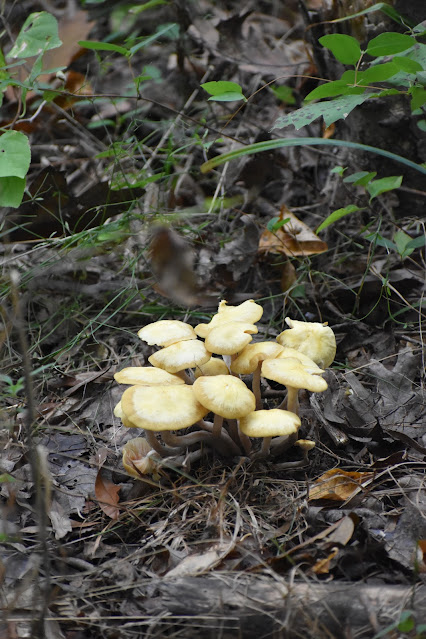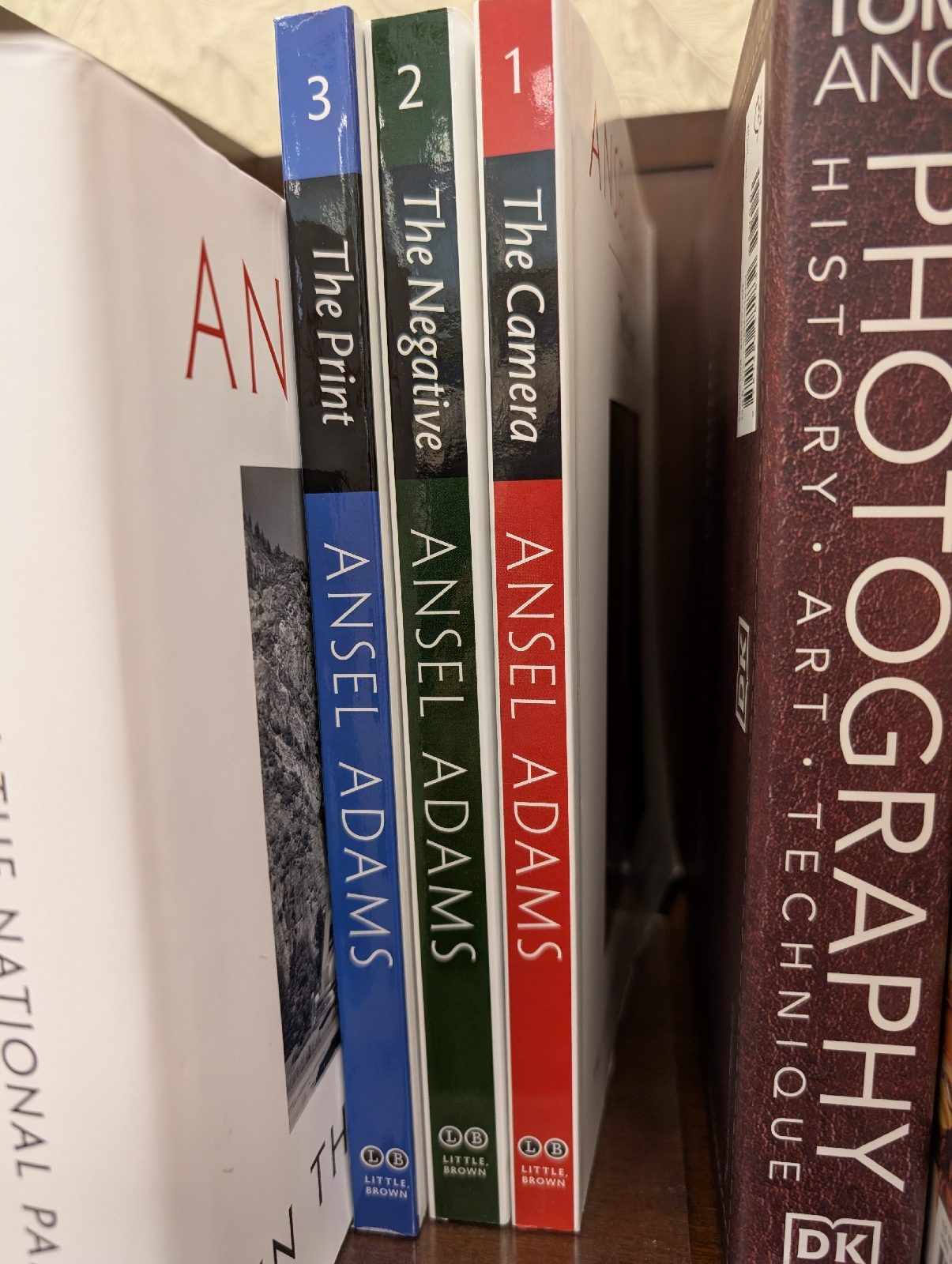The Advantages of Being an Amateur
 |
| Nikon D5500 70-30mm ISO 3600 210mm F/5.6 1/500 October 9,2021 |
I have been reading a lot of great books, and watching a lot of YouTube on photography, theory, philosophy, instruction. There are a lot of themes that overlap. If you want to be good, shoot a lot, challenge yourself, practice, learn new things, learn to observe the world around you, study the work of people you respect and think about why and how they created. Create work that communicates, that tells or illustrates a narrative or point of view.
And there are things that the authors say that as an amature I have to let flow like water off a ducks back. I like Daniel Milner, he has real credibility, he has been a professional photographer, and marketer for more years than he would like you to think he is old. He was a Kodak brand ambassador. He knows how to make a living as a professional in the cut throat world of professional photography, and many of the things he says will help anyone develop into a better photographer, and become more effective in sharing the work that you love, or that moves you. From time to time he says things like, "if you are still on instagram, you are an amateur. And he has a point, very-very-very few people who build a following on social media, make a living there. More likely you are sharing your best work for an audience that never has and never will pay for it. They are more likely to copy and paste without asking, than to pay.
Then Daniel goes off talking about the challenge of being a professional and trying to take on a long term project, or even an in depth project. Clients think a long term assignment is a couple of days on site, in rare occasions maybe a week. When you read the history of classic commercial and documentary photographers it is not uncommon to read about them spending a month on site. One was famous for spending four weeks, and not really shooting much for the first three weeks, he wanted to learn, understand and start to be a part of the place, before he started trying create images that would tell others about the place. The photos you take the first 24 hours in Paris are most likely to be the same images that everyone of the 10,000 tourists that checked in the same day you did take. If you want to capture the essence of Paris, you need to be there for a while.
And hence this is where being an amateur can have an advantage over being a professional. When I go out to take photos, no one has an expectation that I will get what I want, what they need, today, tomorrow or next year. As a non-professional you have the gift of taking the time you need. I recently spent an hour a day for a year walking in a local swamp, always with a camera. I was able to document the wildflowers that bloomed through the seasons, the birds that are there year around, and those that pass through on migration. The moods and lighting from changing weather. There were days when I captured a dozen great images, and days when I captured none, and no one cares about the unproductive days (they were still a wonderful walk.) That project is in the process of being edited into a book, most likely to be titled a year in the swamp. With the rare exception of a government agency or conservation group, no one would ever pay someone to do that project. And yet I think it is a project that tells a story, that communicates several important messages. I am glad that no one was putting pressure on me to produce, I was able to take my time.
Did I give it enough time? I was growing bored with it. But more time would probably have yielded even greater depth.
So enjoy your status as an amateur, find things you are passionate about, and take your time. Take a photos of every mushroom and fungus in the forest every day for 10 years if you want. You will find things about yourself and fungus among us, that no one would have imagined in the process of doing so.

Comments
Post a Comment